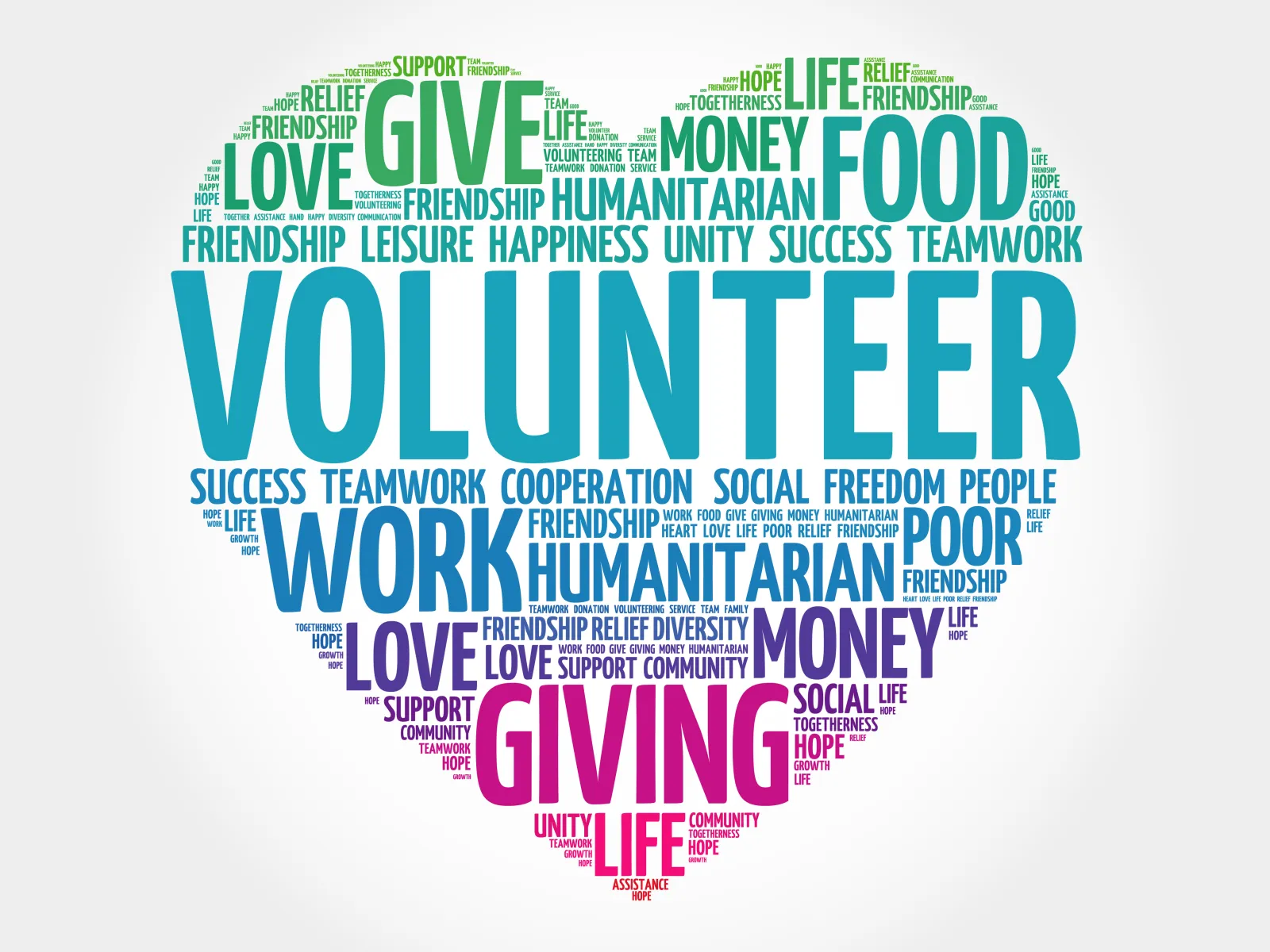
If you are reading this, chances are you live in Tennessee.
As the largest primary care group in East Tennessee, Summit Medical Group is
based out of Knoxville - home of the University of Tennessee. While many of us
may not be huge fans of our UT sports teams, most of us are still familiar with
our state nickname "The Volunteer State," and claim that distinction proudly.
However, did you know that being a volunteer not only
identifies you as a Tennessean, but can also provide advantages for your heart
health?
Of course, the volunteering I'm talking about now relates to any number of community-based activities that we freely offer to do. If you do volunteer work, whether it's mentoring at a school, serving meals at a soup kitchen, or helping with charity events, perhaps you've experienced the emotional rewards of donating your time. What you might not realize, however, is that volunteering offers some added advantages for your heart. On this final day of American Heart Month, we are sharing how we can embrace our Tennessee identity, be good stewards of our communities, AND improve our heart health at the same time.
Doing for Others = Doing for You
There's a lot of research that has revealed a positive correlation between volunteering and better physical and mental health outcomes. Studies have shown that people who volunteer on a regular basis (at least 200 hours a year) are more likely to use preventive health care services. For example, volunteers are 47% more likely to get cholesterol checks and 30% more likely to get flu shots than those who don't (Did you know an annual flu shot can lower the risk of heart attack and stroke by about one-third over the following year?). Volunteers are also less likely to develop high blood pressure over extended periods of time and have greater increases in psychological well-being and physical activity than non-volunteers.
The Power of Community Connection
The well-known advantages of greater social connectivity
also likely play a large role in better heart health. For example, when you're
more connected to your community, it's easier to get information on things like
how to find the best deals on fresh vegetables, or where to get a free flu
shot. Community members involved in the same types of activities also provide emotional
support to one another.

Purpose Matters
Another intriguing potential benefit is that volunteering
may give people a greater sense of purpose in life. In recent years,
research on health and longevity has expanded to focus more on these types of
positive emotions. It's well-known that stress, depression, and anxiety all
have negative effects on the body. This is especially true in regard to the
risk of heart disease.
When a person experiences depression, anxiety, or stress,
heart rate and blood pressure rise, meaning there's reduced blood flow to
the heart. The body also produces higher levels of cortisol, a stress hormone
that leads to excessive belly fat. Over time, these effects can lead to heart
disease. Researchers have also found that anxiety is associated with a 26%
increased risk of heart disease. Chronic anxiety or an anxiety disorder may
significantly increase risk of heart disease.
On the opposite end of the spectrum, however, studies have
shown that a sense of purpose (commonly found in people who volunteer) is associated
with a significantly lower risk of having a cardiovascular event (such as a
heart attack or stroke), compared with people who had a lower sense of purpose.
So, Tennesseans let's do our state - and our hearts - a big favor
and get involved in our local communities by volunteering. You can explore a
wide range of volunteer opportunities online at these websites, which offer
many different ways to give back to your community.
Volunteer Match (www.volunteermatch.org) connects
people with local volunteer opportunities that match their interests and
expertise, with such choices as helping animals, assisting immigrants and
refugees, working with computers and technology, and numerous others.
The Corporation for National and Community Service (www.nationalservice.gov) is a
federal agency that invests in a range of nonprofit local community
organizations that mentor and tutor at-risk youth, rebuild communities struck
by natural disasters, help seniors live independently, and support veterans and
military families.
